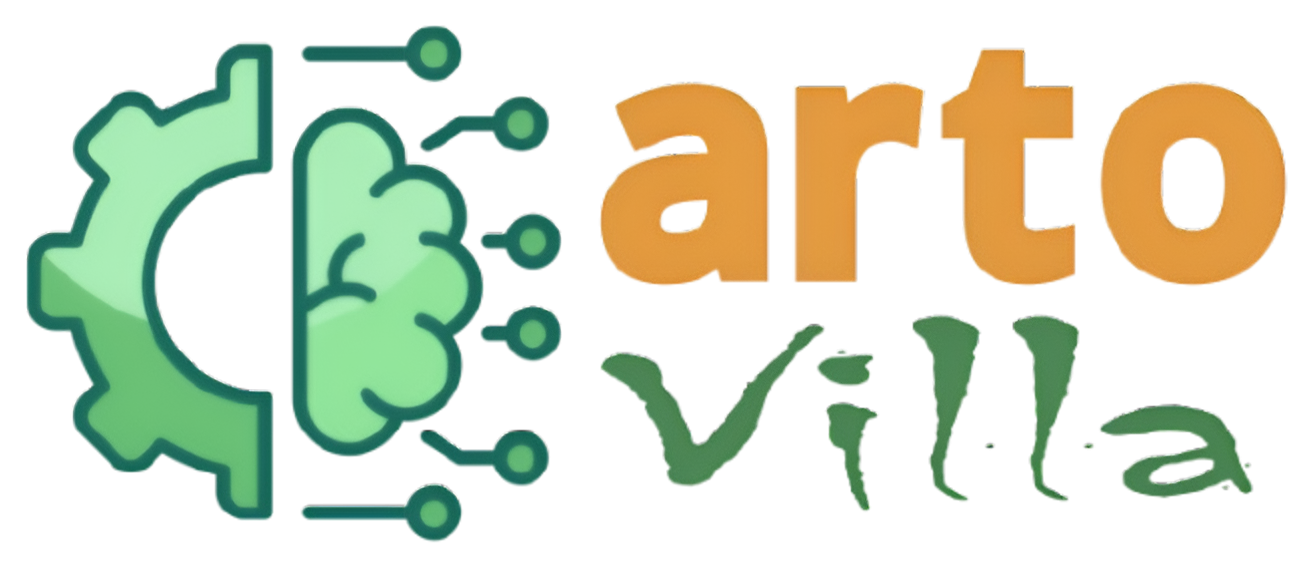As artificial intelligence (AI) continues to advance at lightning speed, it’s reshaping industries and redefining the way we work. While AI holds the promise of increased efficiency, innovation, and new job opportunities, it also raises concerns about job displacement and the future role of human workers. In this post, we’ll explore how AI is transforming the job landscape and what it means for employees and employers alike.
The Double-Edged Sword of AI in the Workplace
AI is a powerful tool that can handle tasks ranging from simple automation to complex problem-solving. On the one hand, it can boost productivity, reduce costs, and allow workers to focus on more creative and strategic responsibilities. On the other hand, it has the potential to automate jobs, particularly those that involve repetitive or routine tasks.
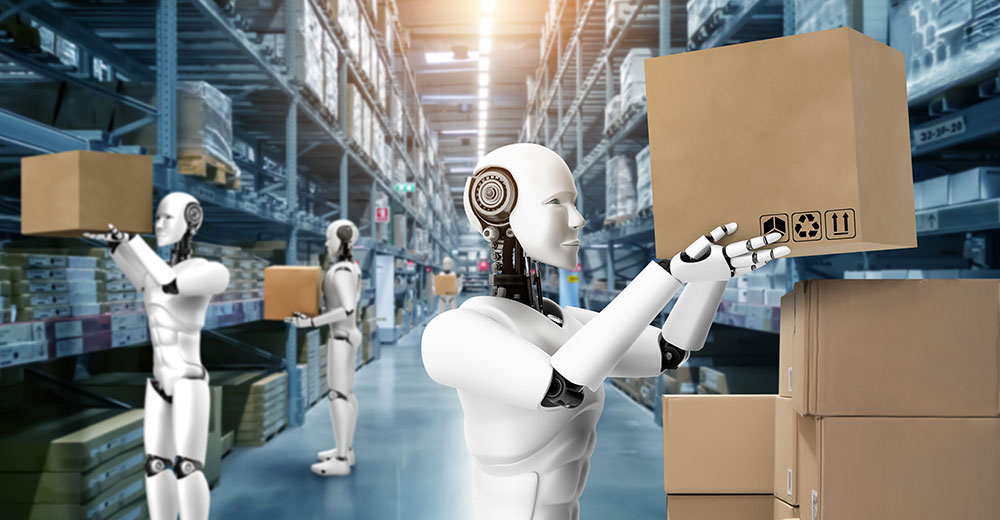
According to a report by the World Economic Forum, AI and automation are expected to displace 85 million jobs globally by 2025. However, the same report highlights that 97 million new roles could emerge as a result of AI adoption.
Industries Most Affected by AI
Some sectors are more vulnerable to AI-driven job displacement than others. Here are a few industries experiencing significant transformation:
1. Manufacturing
AI-powered robots and automation systems are revolutionizing factories, taking over repetitive tasks such as assembly and quality control.

2. Transportation and Logistics
Self-driving vehicles and AI-driven route optimization systems are reshaping the transportation industry, reducing the need for human drivers and logistics managers.

3. Customer Service
Chatbots and virtual assistants are increasingly handling customer inquiries, reducing the demand for call center agents.
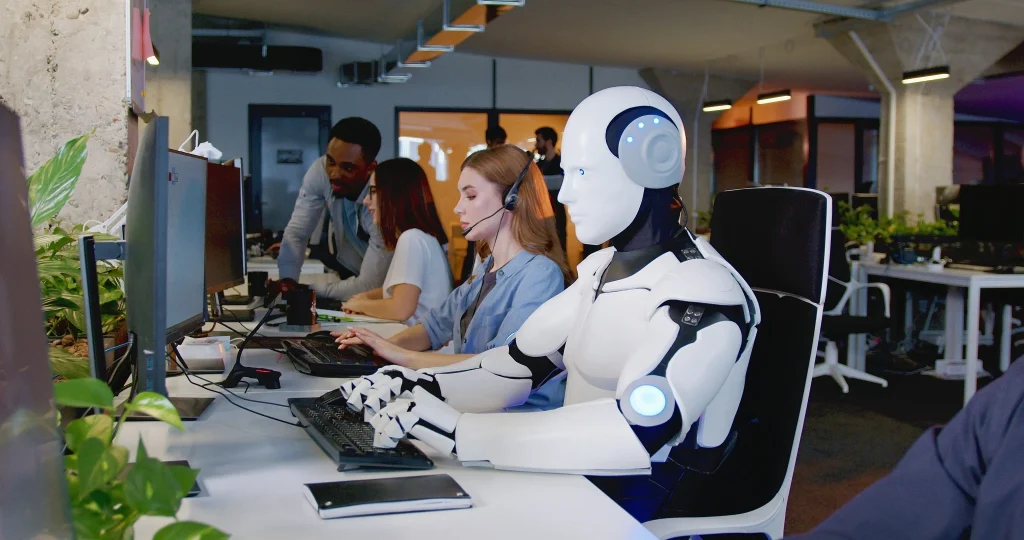
4. Healthcare
While AI is enhancing diagnostics and treatment planning, administrative roles like medical transcription and data entry are at risk of automation.

5. Retail and E-Commerce
AI-driven inventory management, cashier-less stores, and personalized marketing are transforming the retail landscape.
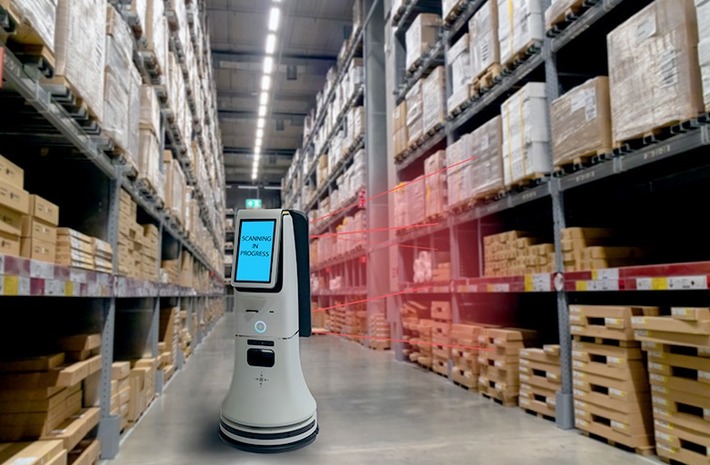
New Opportunities in the AI Era
It’s not all doom and gloom. The rise of AI is also creating exciting new job opportunities and redefining existing roles.
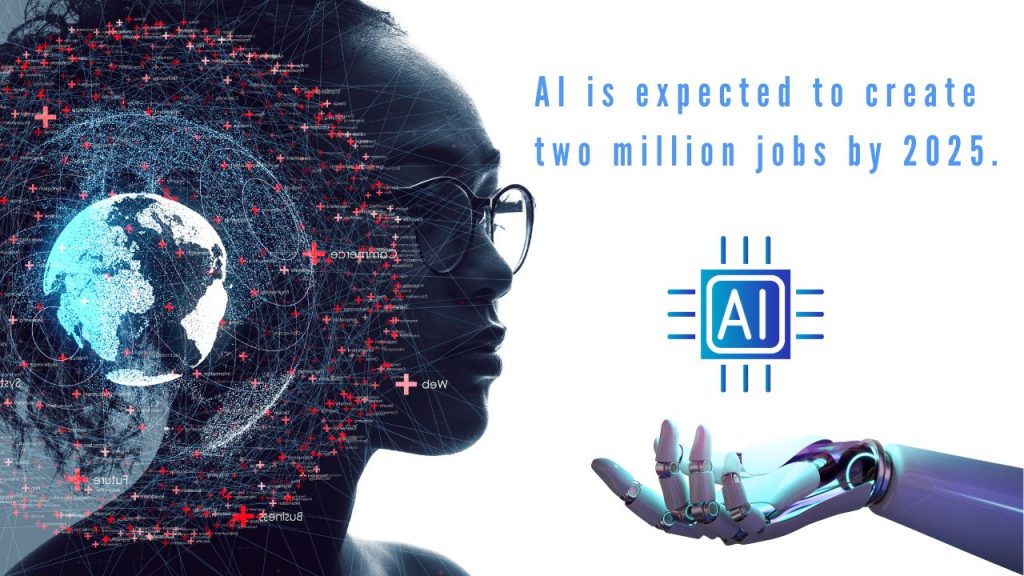
Data Scientists and AI Specialists: With AI generating vast amounts of data, the demand for experts who can analyze and interpret it is skyrocketing.
AI Ethics and Compliance Officers: As AI adoption grows, so does the need for professionals who can ensure ethical AI usage and compliance.
Creative Roles: AI frees up time for creative professionals to focus on innovation, storytelling, and design.
AI Maintenance and Support: Technicians and engineers will be needed to build, maintain, and troubleshoot AI systems.
How to Stay Relevant in an AI-Driven World
Here are some actionable tips to future-proof your career:

1. Embrace Lifelong Learning
Stay updated with industry trends and continuously develop new skills. Online courses, workshops, and certifications can help you stay competitive.
2. Develop Soft Skills
While AI excels at tasks involving data and logic, it lacks emotional intelligence, creativity, and interpersonal skills. Cultivating these human-centric skills can make you invaluable in the workplace.
3. Gain AI Literacy
Understanding how AI works and how to collaborate with AI systems can give you a competitive edge.
4. Network and Build Relationships
Networking is more important than ever in an AI-driven world. Building strong professional relationships can open doors to new opportunities.
What Employers Can Do
Organizations also have a role to play in navigating the AI revolution responsibly:
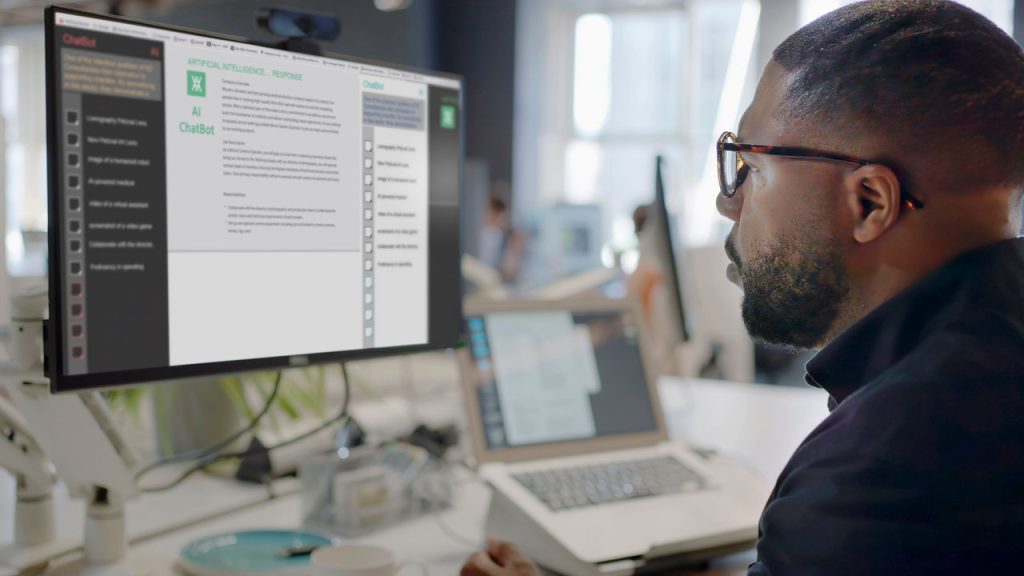
Reskill and Upskill Employees: Invest in training programs to equip workers with the skills needed for new roles.
Adopt a Human-Centric Approach: Use AI to complement human efforts, not replace them entirely.
Create Ethical AI Policies: Ensure that AI adoption is transparent, fair, and inclusive.
Conclusion: The Future is Human-AI Collaboration
The key to navigating the AI revolution is adaptability. While AI will undoubtedly change the job market, it also presents an opportunity to reimagine work in a way that empowers human creativity and innovation. By staying informed, adaptable, and proactive, both employees and employers can thrive in this new era.
The future of work is not about humans versus machines—it’s about how we can collaborate with AI to unlock our full potential.
